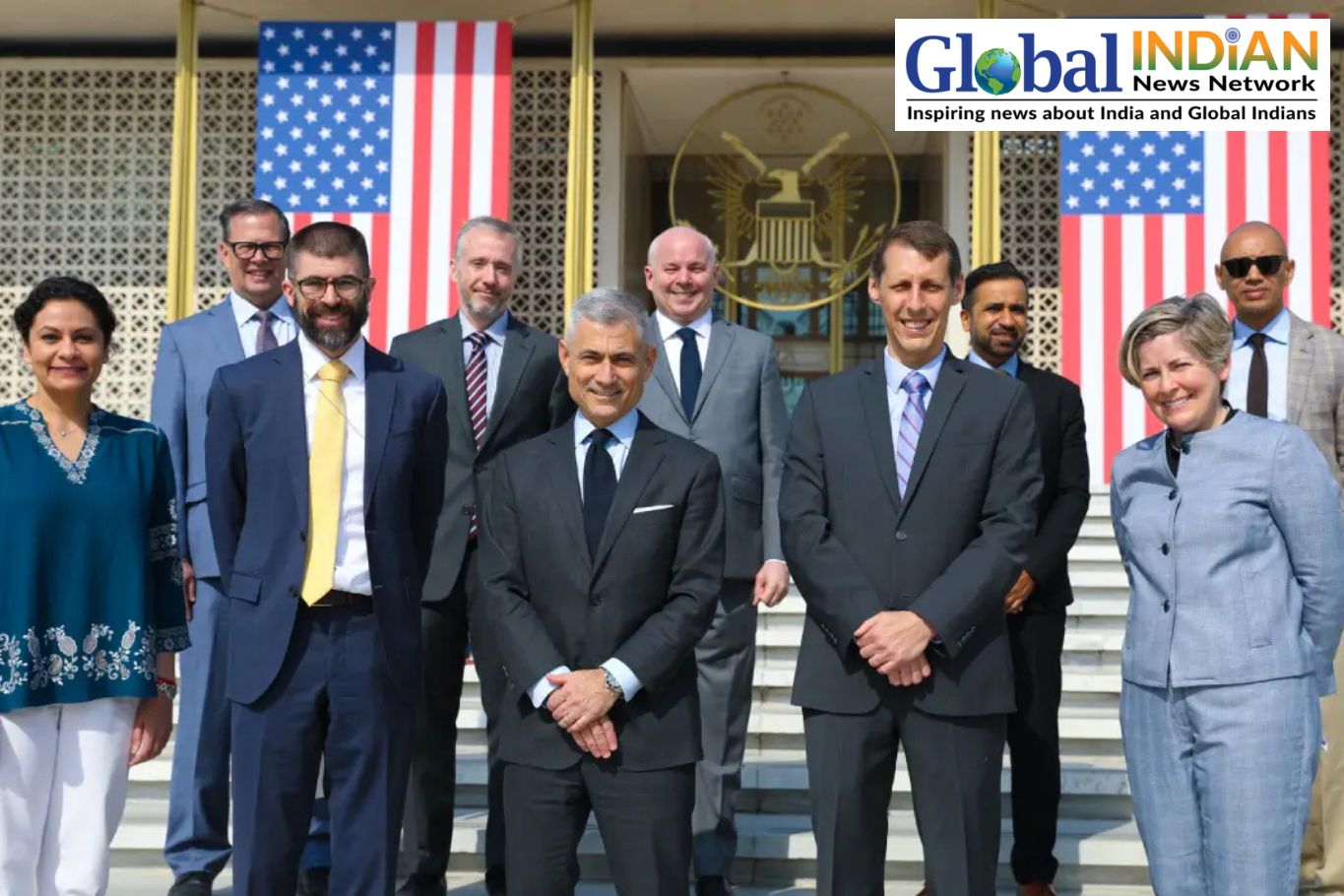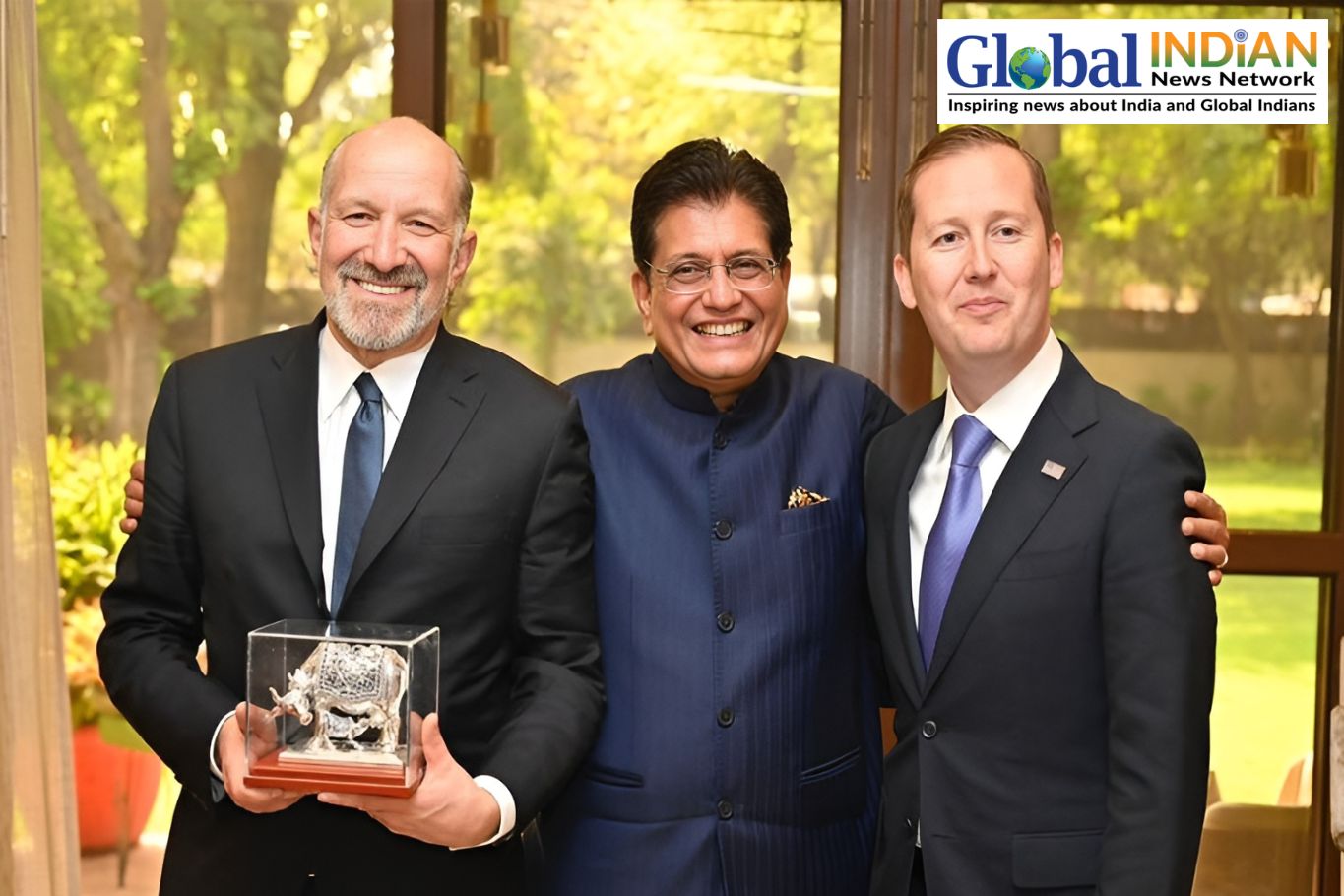
India and the United States have agreed to extend the 2 percent equalisation levy, also known as the digital tax on e-commerce supplies, until June 30. This agreement follows the October 8, 2021 decision where both nations, along with 134 other members of the OECD/G20 Inclusive Framework—including Austria, France, Italy, Spain, and the United Kingdom—endorsed the Statement on a Two-Pillar Solution. This initiative aims to address the tax challenges posed by the digitalization of the economy.
On November 24, 2021, India and the United States further concurred that the terms outlined in the October 21 Joint Statement would be applicable between them. This agreement pertained to India’s 2 percent equalisation levy on e-commerce services and the corresponding U.S. trade measures against this levy. The agreement was valid from April 1, 2022, until either the implementation of Pillar One or March 31, 2024, whichever occurred first. Both nations publicly confirmed this on November 24.
However, on February 15, 2024, the United States, along with Austria, France, Italy, Spain, and the United Kingdom, decided to extend the political compromise from the October 21 Joint Statement until June 30, 2024. Reflecting this, India and the United States announced an extension of their November 24 agreement until June 30, 2024, maintaining all other terms of the transitional approach unchanged, as stated by the Finance Ministry.
The OECD/G20 two-pillar solution is designed to address the tax challenges arising from the digital economy’s evolution and to update the international tax framework. A key component of this solution is the introduction of a global minimum corporate tax rate, which aims to prevent tax base erosion and profit shifting (BEPS). This ensures that multinational enterprises (MNEs) pay a minimum level of tax regardless of their headquarters or operational locations.
Additionally, the framework includes the implementation of Global Anti-Base Erosion (GloBE) rules, which ensure that foreign income is adequately taxed. This aims to create a level playing field and reduce the need for countries to offer very low tax rates to attract inbound investment.
In its statement, the Finance Ministry highlighted that India and the United States will continue to maintain close contact to ensure mutual understanding of their commitments. Both nations will strive to resolve any issues related to this matter through constructive dialogue.










